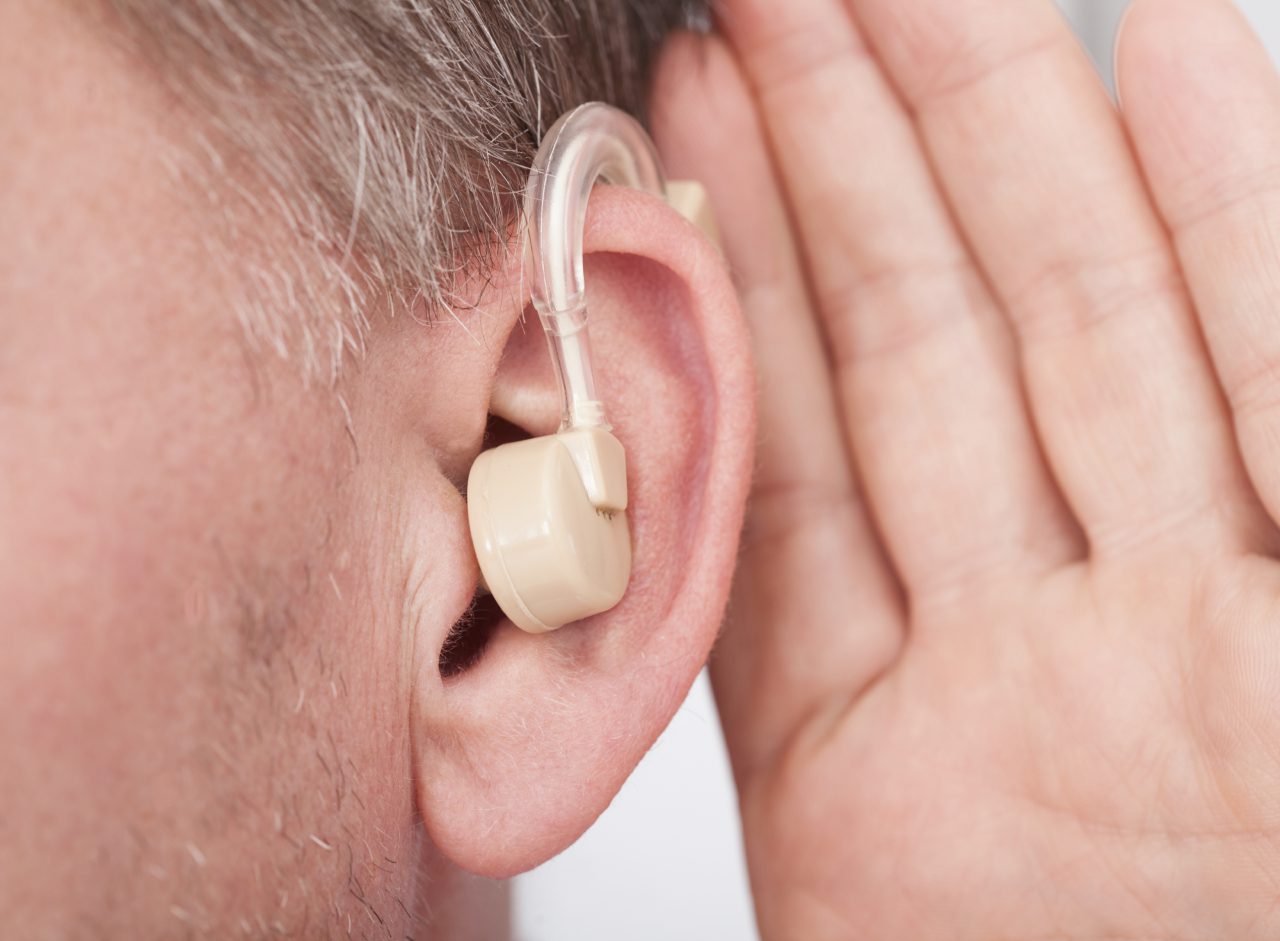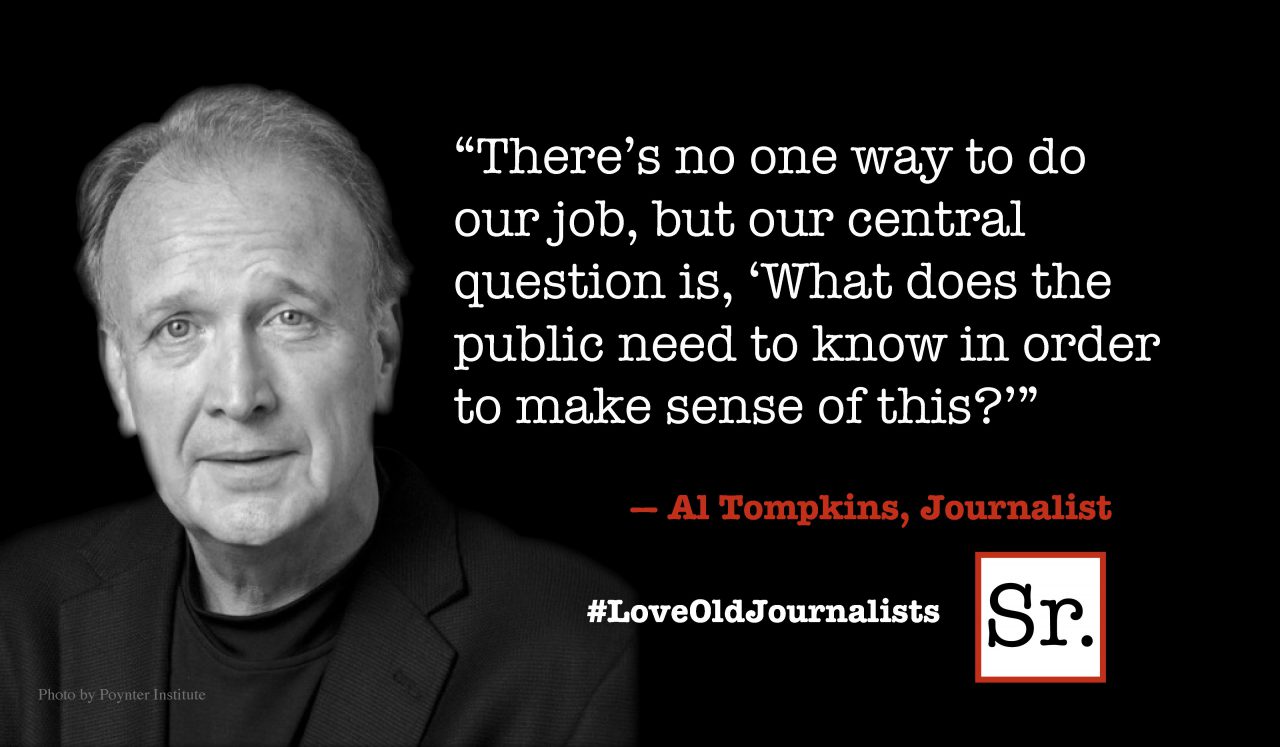I've been losing some hearing the last few years. I have to travel far from home and I was wondering if you had any suggestions for handling my hearing problems on the road.
About one in three Americans over 60 suffers from loss of hearing, which can range from the inability to hear certain voices to deafness. Traveling poses special problems for the hearing-impaired.
At the outset, I am crediting the American Academy of Otolaryngology-Head and Neck Surgery (AAO-HNS) for the dozen valuable travel tips in this column. The ideas are from the academy; the words are mine. The AAO-HNS is the world's largest organization representing specialists who treat the ear, nose, throat and related structures of the head and neck.
Okay, here goes:
1. Make travel arrangements in advance. Request written confirmation.
2. Consider using a travel agent who can make reservations with airlines, hotels and tourist attractions. If possible, meet with a travel agent in person to insure accurate communication.
3. You can use your computer to make reservations. Be sure to print copies of important information such as confirmation numbers, reservations and maps.
4. Arrive early for every event on your schedule so you have time to rectify possible problems caused by miscommunication.
5. If you are severely hearing-impaired, tell ground personnel, flight attendants, train conductors and bus drivers that you would like them to give you important information face-to-face.
6. If you need a Telecommunications Device for the Deaf (TDD), you can get service from many major airlines and transportation companies. A TDD will enable you to send and receive text messages. A typical TDD is about the size of a laptop computer with a keyboard and small screen.
7. All public telephones should now have a “blue grommet” attachment to the handset indicating it is compatible with hearing aids. Some public phones have an amplifying headset. Or you may purchase a pocket amplifier. Cellular phones have solved many of these problems. All cell-phone manufacturers have models that are compatible with hearing aids.
8. There are small portable visual alert systems available that flash a light when the telephone rings, an alarm clock goes off, or a fire alarm sounds. These can be installed easily in hotel rooms. Request a room that is equipped for an individual with hearing loss. These communication features are frequently provided free of charge to hotel guests.
9. FM listening systems can help the hearing-impaired traveler listen to lectures and tours by having a speaker use a transmitter microphone to broadcast over airwaves to a receiver.
10. Portable infrared systems can be used with hotel televisions and radios. These transmit sound via invisible infrared light to a listener’s receiver.
11. There are portable TV-band radios that can be tuned to compatible TV channels and listened to through an earphone.
12. If you wear a hearing aid, be sure to pack extra batteries and tubing. It would be wise to take a dehumidifier for drying your hearing aids each night to prevent moisture problems.









